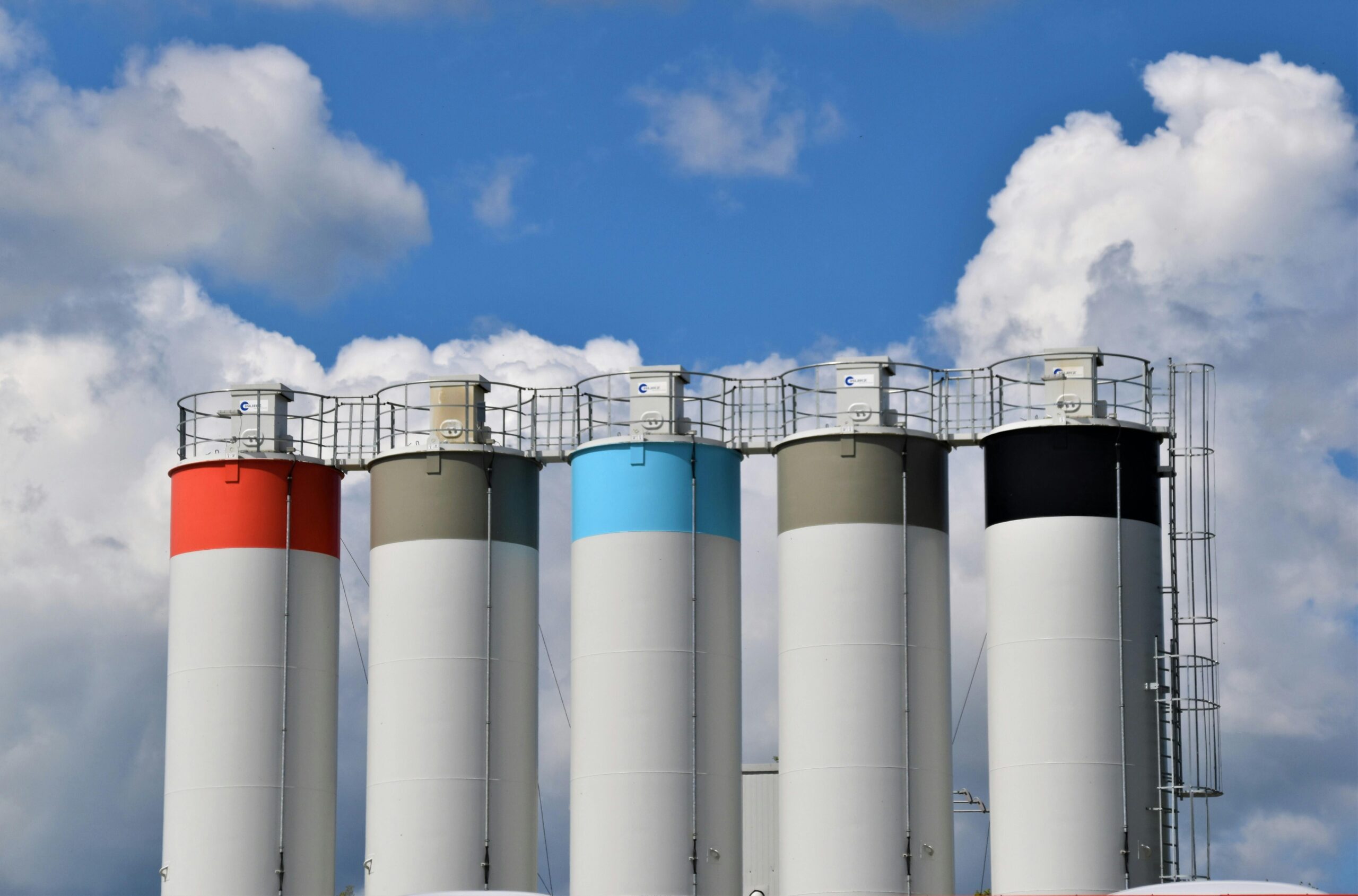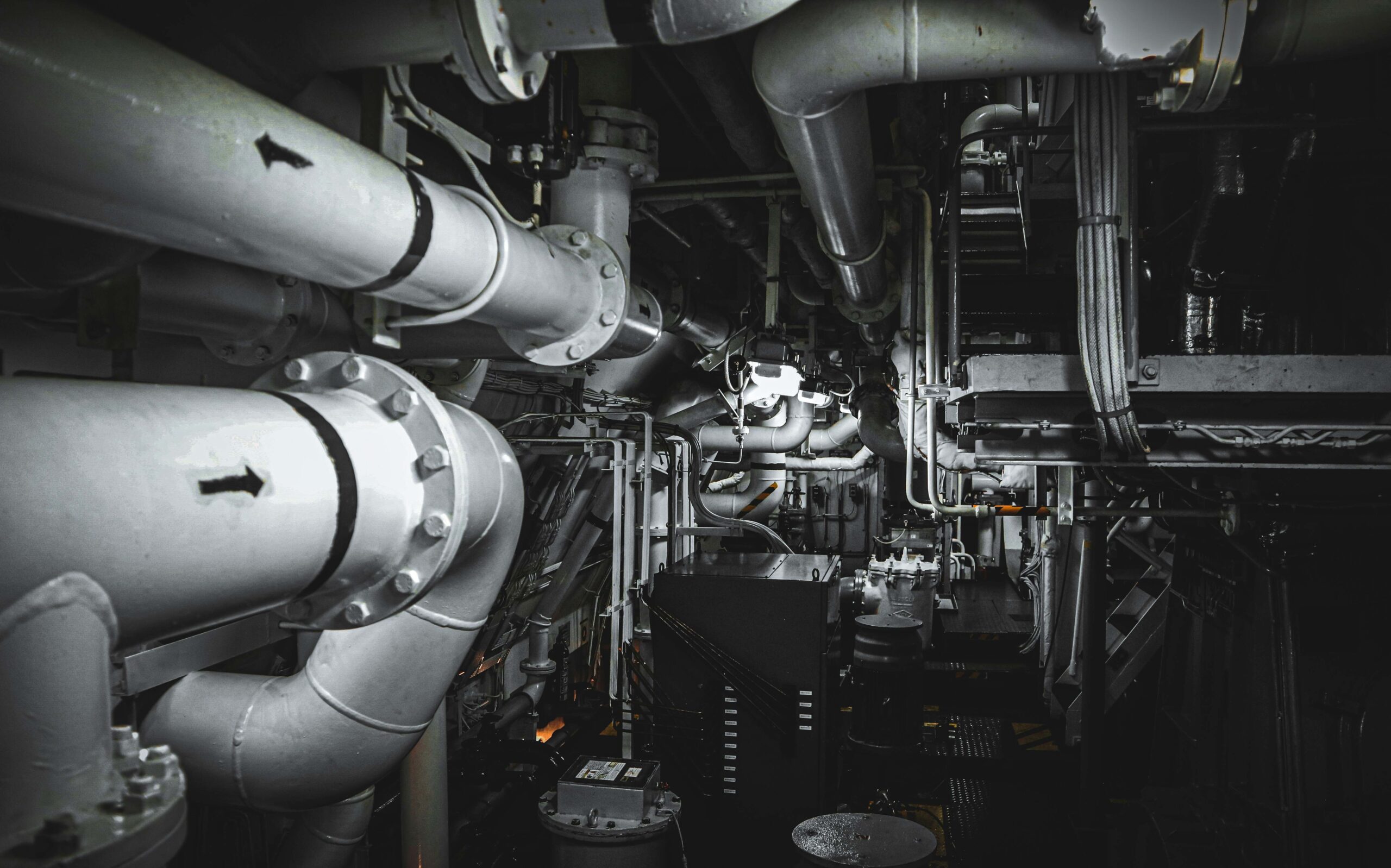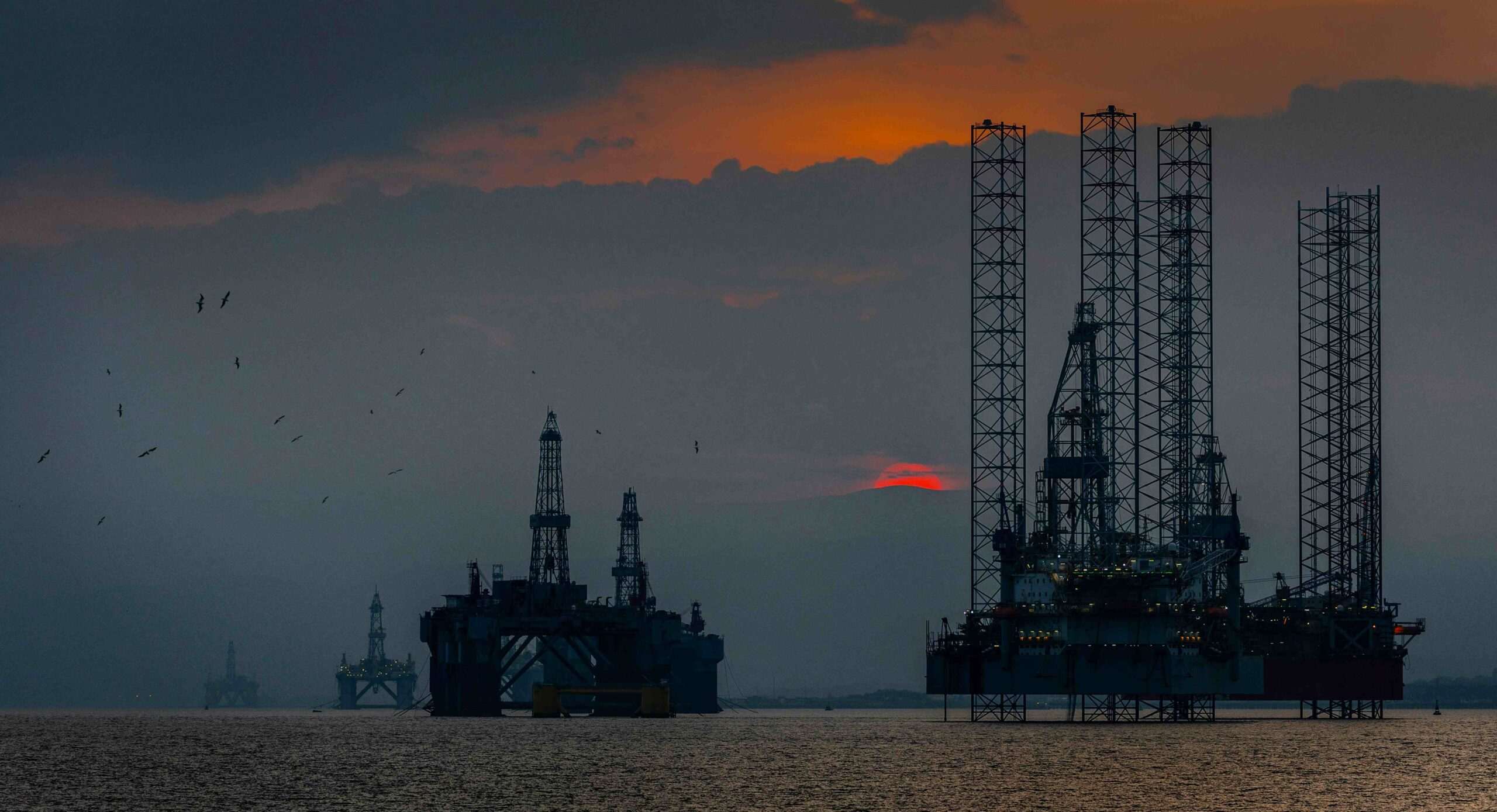Impact of Ship Speed Reduction Policies on Bunker Fuel Usage
Introduction The maritime industry plays a vital role in global trade, but it also contributes significantly to greenhouse gas (GHG) emissions and air pollution. In response to environmental concerns, various policies aimed at reducing ship speeds have been implemented. These speed reduction policies
Bunker Fuel Consumption Patterns of Different Ship Classes
Introduction Bunker fuel consumption is a significant operational and economic consideration for the maritime industry, influenced by various factors including ship design, size, propulsion systems, and operational profiles. Understanding bunker fuel consumption patterns across different ship classes is crucial for optimizing fuel efficiency,
Role of Digitalization in Optimizing Bunker Fuel Procurement
Introduction Bunker fuel procurement is a critical function in the maritime industry, influencing operational efficiency, cost management, and environmental impact. The advent of digitalization has revolutionized how shipping companies approach fuel procurement, offering tools and strategies that optimize sourcing, pricing, and compliance. This
Innovations in Bunker Fuel Storage Infrastructure
Introduction The maritime industry is crucial to global trade, but it faces significant challenges due to increasing environmental regulations and the need for more efficient fuel management. Innovations in bunker fuel storage infrastructure are essential to address these challenges, ensuring the safe, efficient,
Impact of Polar Routes on Bunker Fuel Consumption and Logistics
Introduction The opening of polar routes, particularly the Northern Sea Route (NSR) and the Northwest Passage (NWP), has garnered significant attention in the maritime industry. As climate change reduces sea ice in the Arctic, these routes offer shorter travel distances between major markets
Advances in Catalytic Processing of Heavy Oils into Marine Fuels
Introduction As the maritime industry faces increasing pressure to reduce its environmental footprint, the adoption of green bunker fuel solutions has become a focal point. Various shipping companies and organizations are pioneering the use of alternative fuels and technologies to meet stringent emission
Case Studies on the Implementation of Green Bunker Fuel Solutions
Introduction As the maritime industry faces increasing pressure to reduce its environmental footprint, the adoption of green bunker fuel solutions has become a focal point. Various shipping companies and organizations are pioneering the use of alternative fuels and technologies to meet stringent emission
Energy Transition: Role of Hydrogen in the Future of Marine Fuels
IntroductionThe maritime industry is undergoing a significant transformation as it seeks sustainable and environmentally friendly alternatives to conventional marine fuels. Among the various potential solutions, hydrogen stands out as a promising candidate due to its zero-emission profile when used in fuel cells. This
Impact of Global Trade Policies on Bunker Fuel Supply Chains
Introduction Bunker fuel, essential for powering the global shipping industry, has its supply chains intricately linked to international trade policies. These policies can have profound effects on the availability, pricing, and distribution of bunker fuels. This article delves into the various ways global
Strategies for Reducing Soot and Particulate Emissions from Bunker Fuels
Introduction Soot and particulate matter emissions from bunker fuels pose significant environmental and health concerns, particularly in maritime transport. As regulatory bodies tighten emission standards, and societal expectations for cleaner air increase, the maritime industry faces the challenge of reducing these harmful emissions.









